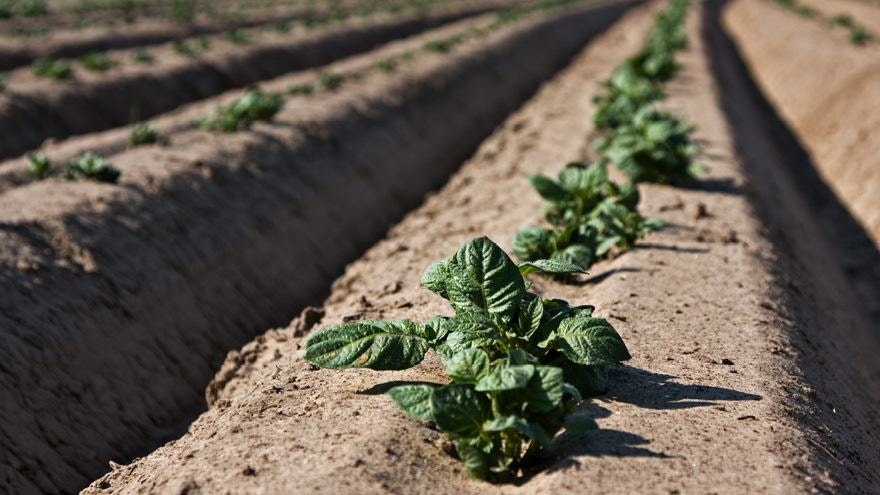
Autumn soil tests in vegetable production
Soil tests in vegetable production are important to monitor soil properties and nutrient levels. Each soil test is a snapshot used to identify any nutrient deficiencies, imbalances, or excesses. When compared to optimum nutrient levels for the desired crop, test results enable growers to determine which nutrients need to be added to achieve the desired levels.
Testing in autumn allows time for fertiliser programmes to be decided and implemented, as well as time for some nutrient adjustments to take effect in the soil before spring planting. For example, pH can take a significant period to be adjusted through liming. The lime itself requires water to activate in the soil, so calculating its requirements and applying it over autumn and winter ensures sufficient moisture availability to get the most from lime’s activity during this period.
Sampling method is the greatest contributor to variability in test results. The sampling method should include taking representative samples across the block, at the correct depth and consider factors such as changes in soil type and previous land use.
A standard recommended test for vegetable crops includes pH, phosphorus, cation levels, cation exchange capacity and base saturation. Available nitrogen, sulphate sulphur and boron are also important for vegetables. Boron plays a crucial role in maintaining internal cell integrity in several crops including potatoes and onions, as well as helping prevent carrots and parsnips from cracking.
Include soil organic matter as a factor to be tested. This influences numerous soil properties and processes such as soil structure, biological activity and nutrient availability. If organic matter levels are sub-optimal, steps may be taken to gradually improve this.
More information on organising soil sampling and interpreting your test results is available from your local Fruitfed Supplies Technical Horticultural Representative.



